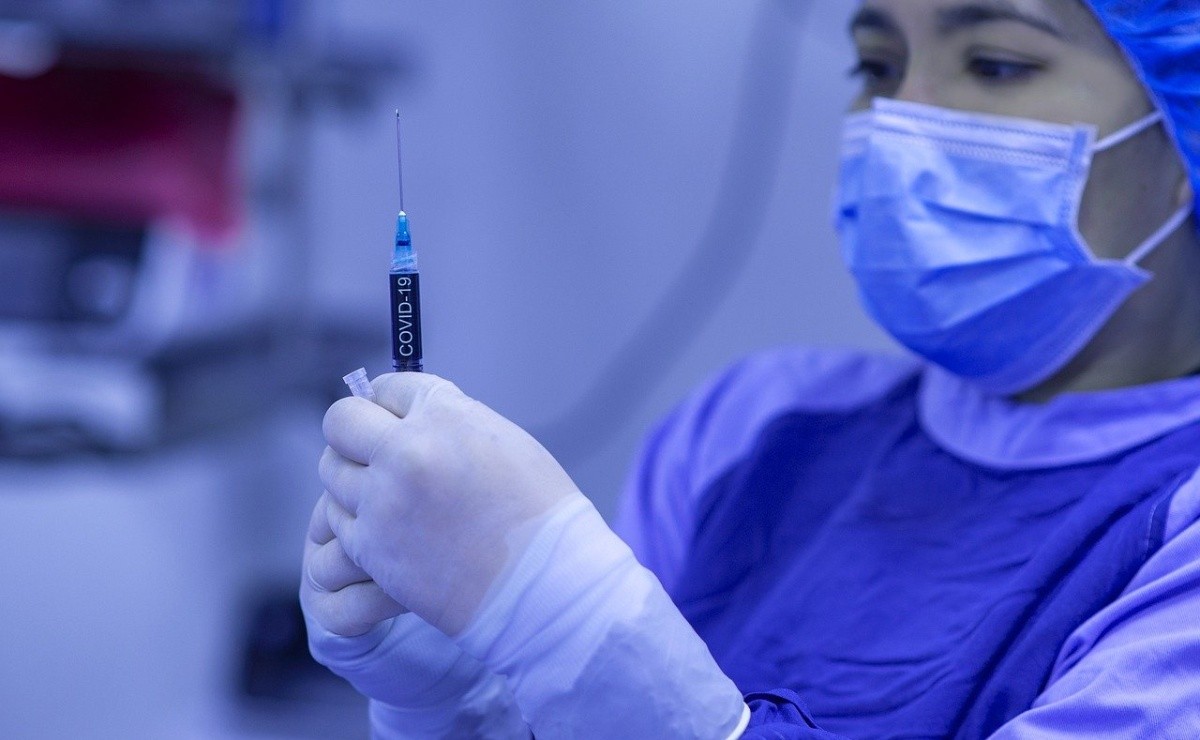
Something to be celebrated is the news of the doctors, who confirm the second cure in the world of a patient with HIV
Despite all the health problems in 2020, things could improve for people with AIDS as the HIV vaccine reaches phase 3 in 10 years and another AIDS patient is cured.
A group of medical researchers confirmed that they cured the second person with HIV in the world and therefore there is new hope for people with this virus of the human immunodeficiency virus, the virus that causes AIDS.
It is a prototype of a vaccine against HIV that reached phase 3 of trials, the last stage before its approval, a fact that had not been recorded for 10 years.
You can see: Mom’s cancer vaccine already cured a woman
This international clinical study to evaluate the effectiveness of the vaccine against the different strains of HIV will have the participation of 3,800 people, 250 from Spain, where six hospitals in Madrid, Barcelona, Valencia and Córdoba are included. According to a report revealed by The Lancet, the drug being developed by the Janssen company uses the same technology used in the doses that works to fight covid-19.

Another good news is that a patient with AIDS was cured, according to the scientists of the AIDS Research Institute IrsiCaixa have confirmed the cure of HIV of the so-called ‘London patient’, the second in the world, because 29 months after undergoing a stem cell transplant and stopping antiretrovirals still shows no sign of the virus.
This third case from Düsseldorf has been announced at the Conference of Retroviruses and Opportunistic Infections, which was to be held in Boston (USA) but which is being held virtually these days because of the coronavirus, although doctors have indicated that it is "A case of long-term remission of HIV" still not a cure.
He is a German man who underwent a bone marrow transplant to treat leukemia and has been without medication for 14 months and with the virus undetectable.
The London and Düsseldorf cases are part of the IciStem observational study, coordinated by the IrsiCaixa researcher, Javier Martínez-Picado, and the University Medical Center in Utrecht (Netherlands), and which attempts to understand the role of stem cell transplantation in the cure of HIV infection.
At IciSitem, 28 live transplanted patients are currently being followed, of which two have been without treatment for a year, one of whom they consider cured and the other in a phase of total virus remission.
Martínez-Picado has pointed out that doctors differentiate the concepts of ‘cure’ and ‘long-term remission’ based on the time elapsed without viral re-outbreak since the interruption of antiretroviral medication.
"When the London case was initially published we insisted on not talking about a cure because, although 18 months invited optimism because such a long interval had not been seen since the Berlin patient, we wanted to be prudent and not generate false expectations," he confessed Martinez-Picado.
Now, with 29 months of remission, the researchers confirm the cure, the second in the world after the Berlin case, which was not part of the IciStem.
The ‘London patient’ is a man with HIV who was found to have Hodgkin’s Lymphoma, so in 2016 he underwent a stem cell transplant with a mutation, called CCR5 Delta 32, which prevents the entry of the virus to the target cells of HIV, CD4 T lymphocytes.